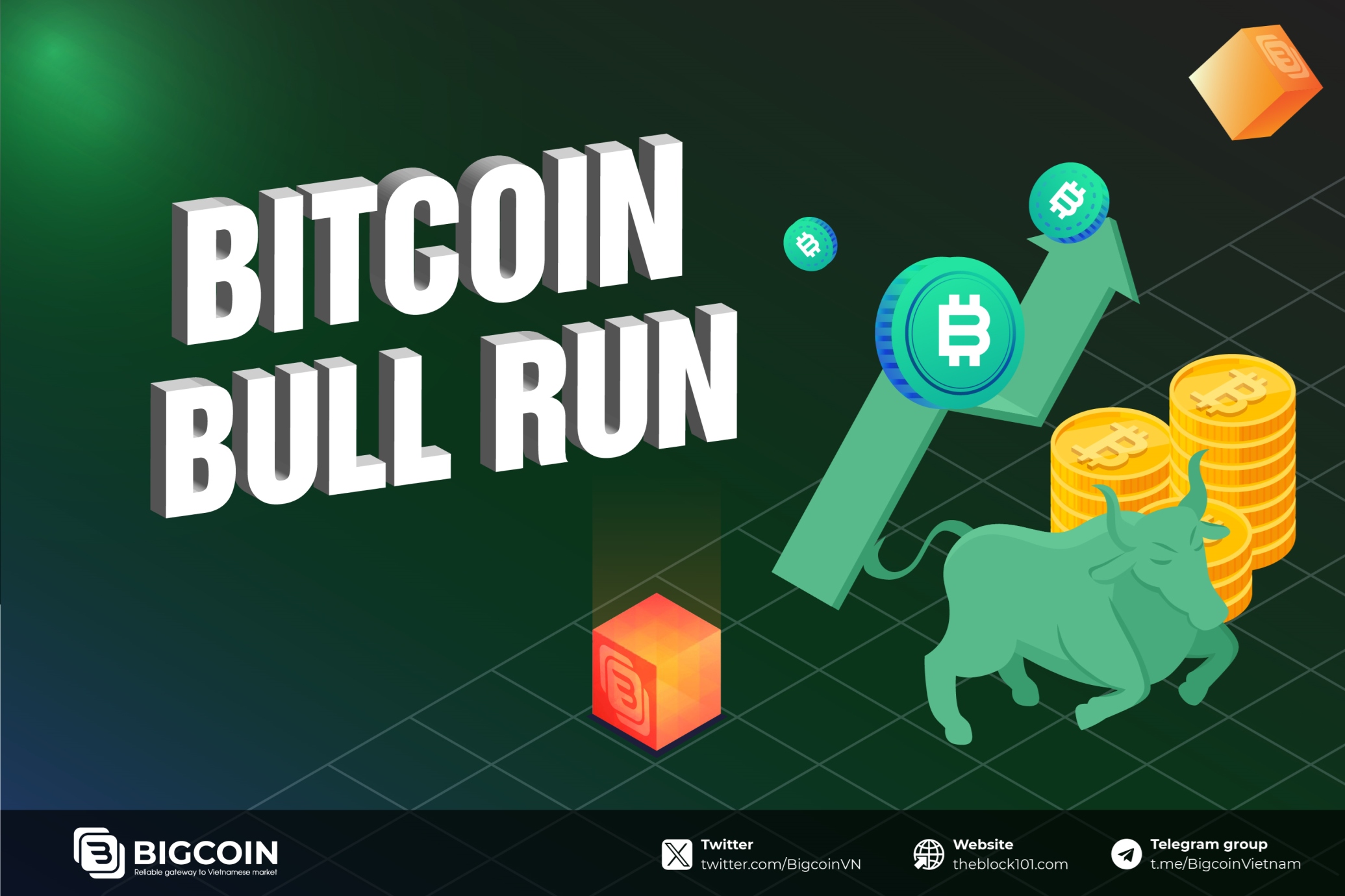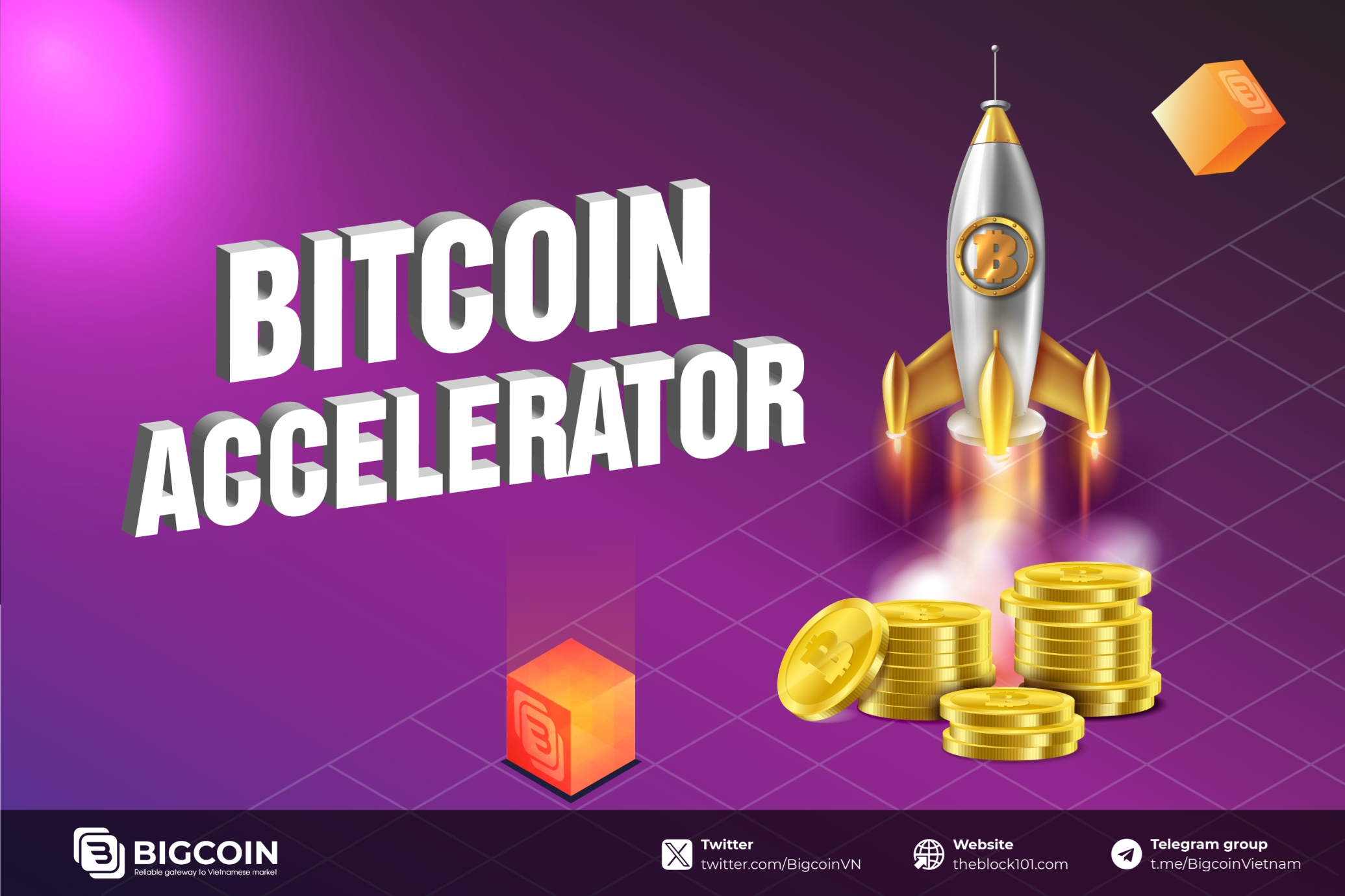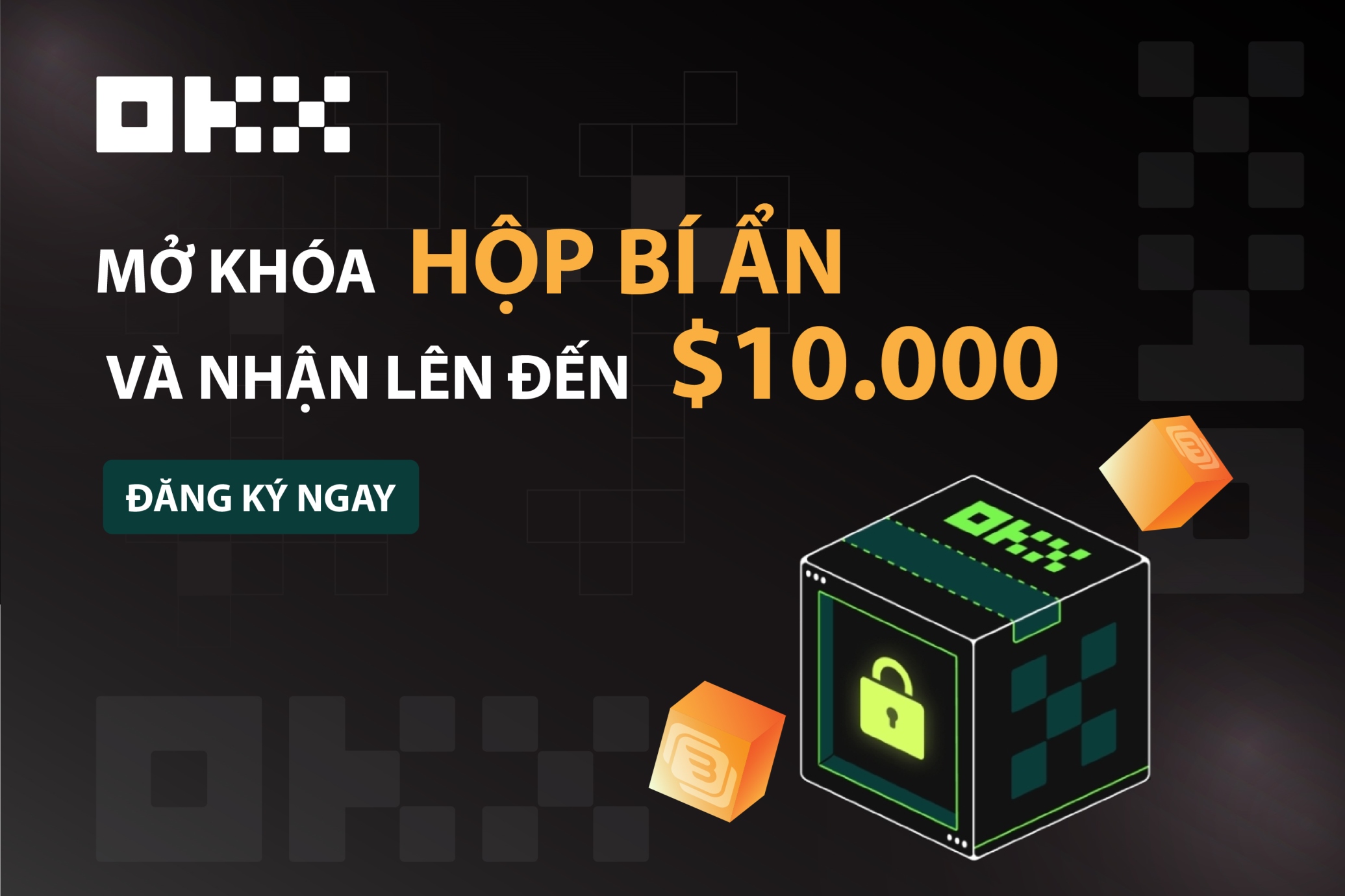1. What are NFT Smart Contracts?

1.1. What are NFTs?
Non-Fungible Tokens (NFTs) are digital assets that represent ownership of a unique item or piece of content. Unlike cryptocurrencies such as Bitcoin or Ethereum, which are fungible and can be exchanged on a one-to-one basis, NFTs are one-of-a-kind and cannot be exchanged on a like-for-like basis. This uniqueness is what makes NFTs particularly valuable for digital art, collectibles, virtual real estate, and more.
1.2. What are NFT Smart Contracts?
NFT smart contracts are self-executing contracts with the terms of the agreement directly written into code. These contracts run on blockchain networks, most commonly on Ethereum, and facilitate the creation, transfer, and management of NFTs. Unlike traditional contracts, smart contracts automatically enforce the terms, reducing the need for intermediaries and minimizing the risk of fraud.
2. Key components of NFT Smart Contracts
-
Token Standard
The most widely used standard for NFTs is ERC-721, which ensures that each token is unique and indivisible. ERC-1155 is another standard that allows for the creation of both fungible and non-fungible tokens, offering more flexibility.
-
Metadata
Metadata provides information about the NFT, such as its name, description, and properties. This data is often stored off-chain due to the size limitations of blockchain networks, with the smart contract containing a pointer to the metadata.
-
Ownership
NFT smart contracts record the ownership of each token, ensuring that ownership can be transferred securely. The blockchain's immutable nature guarantees that ownership history cannot be altered.
-
Royalties
Smart contracts can include royalty provisions, ensuring that creators receive a percentage of sales whenever the NFT is resold. This feature supports ongoing revenue streams for artists and content creators.
3. How do NFT Smart Contracts work?
NFT smart contracts operate by leveraging the decentralized nature of blockchain technology to ensure transparency, security, and immutability. Here’s a step-by-step breakdown of how they function:
-
Creation and Deployment: The process begins with the creation of the NFT. An artist or creator generates a digital asset and writes a smart contract that defines the unique attributes of the NFT. These attributes include metadata (such as the name, description, and properties of the NFT), ownership details, and transaction rules. The smart contract is then deployed on a blockchain network.
-
Minting: Once the smart contract is deployed, the NFT can be minted. Minting is the process of converting the digital asset into an NFT by recording it on the blockchain. Each NFT is assigned a unique identifier, which is stored in the smart contract and cannot be altered.
-
Ownership and Transfer: The smart contract keeps track of the NFT’s ownership. When an NFT is bought or sold, the smart contract automatically updates the ownership record on the blockchain. This ensures that the ownership history of the NFT is transparent and tamper-proof.
-
Royalties and Payments: One of the standout features of NFT smart contracts is their ability to automate royalty payments. Creators can encode royalty terms into the smart contract, ensuring they receive a percentage of the sales each time the NFT is resold. This feature provides a continuous revenue stream for artists and creators.
-
Verification and Authenticity: The decentralized nature of blockchain ensures that the information stored in the smart contract is secure and cannot be tampered with. This guarantees the authenticity and provenance of the NFT, making it easy to verify its originality and ownership.
4. Applications of NFT Smart Contracts
NFT smart contracts are transforming various industries by enabling new forms of digital ownership and value exchange. Here are some notable applications:
-
Digital Art and Collectibles
The digital art world has been revolutionized by NFTs. Artists can tokenize their work, ensuring authenticity and ownership. Smart contracts enable artists to receive royalties automatically whenever their work is resold, providing a continuous revenue stream.
-
Gaming
In the gaming industry, NFTs are used to represent in-game items, characters, and assets. Players can buy, sell, and trade these items on various platforms. Smart contracts ensure that transactions are secure and that players retain ownership of their digital assets.
-
Music and Entertainment
Musicians and content creators can tokenize their work, allowing fans to purchase unique digital items, such as exclusive tracks or limited-edition albums. Smart contracts manage royalties and ensure that creators are compensated fairly for their work.
-
Real Estate
NFTs are being explored in the real estate sector to tokenize property ownership. Smart contracts can automate processes such as property transfers, rental agreements, and fractional ownership, increasing efficiency and reducing paperwork.
-
Intellectual Property and Licensing
NFTs can represent intellectual property rights, such as patents or trademarks. Smart contracts can manage licensing agreements, ensuring that royalties are distributed correctly and that IP rights are enforced.
5. Advantages and disadvantages NFT Smart Contracts
5.1. Advantages
-
Decentralization: Smart contracts operate on decentralized networks, reducing the need for intermediaries. This decentralization ensures that transactions are transparent, secure, and free from censorship.
-
Transparency: All transactions and ownership changes are recorded on the blockchain, providing a transparent and tamper-proof record. This transparency builds trust among users and ensures the integrity of the market.
-
Security: Blockchain technology provides robust security features, including cryptographic hashing and consensus mechanisms. These features protect against fraud, hacking, and other malicious activities.
-
Automation: Smart contracts automate many processes, such as verifying transactions and distributing royalties. This automation reduces the potential for human error and increases efficiency.
-
Programmability: Developers can program smart contracts to include various features, such as royalty payments and access control. This programmability allows for the creation of complex and innovative NFT applications.
5.2. Disadvantages
Despite their numerous advantages, NFT smart contracts face several challenges:
-
Scalability: Current blockchain networks, particularly Ethereum, face scalability issues, resulting in high transaction fees and slow processing times. Layer 2 solutions and alternative blockchains are being developed to address these issues.
-
Environmental Impact: The energy consumption of blockchain networks has raised concerns about their environmental impact. Efforts are being made to develop more energy-efficient consensus mechanisms, such as Ethereum’s transition to Proof of Stake (PoS).
-
Legal and Regulatory Issues: The legal and regulatory landscape for NFTs is still evolving. Issues such as intellectual property rights, taxation, and consumer protection need to be addressed to ensure the long-term viability of NFTs.
-
Interoperability: Ensuring that NFTs can be seamlessly traded and used across different platforms remains a challenge. Standards and protocols are being developed to enhance interoperability.
6. Conclusion
NFT smart contracts represent a significant innovation in the digital world, offering new ways to create, own, and trade unique assets. While challenges remain, ongoing developments in blockchain technology promise to enhance the functionality and adoption of NFTs. As we move forward, NFT smart contracts are likely to play an increasingly important role in various sectors, driving the next wave of digital transformation.
Read more:

 English
English Tiếng Việt
Tiếng Việt.jpg)
















